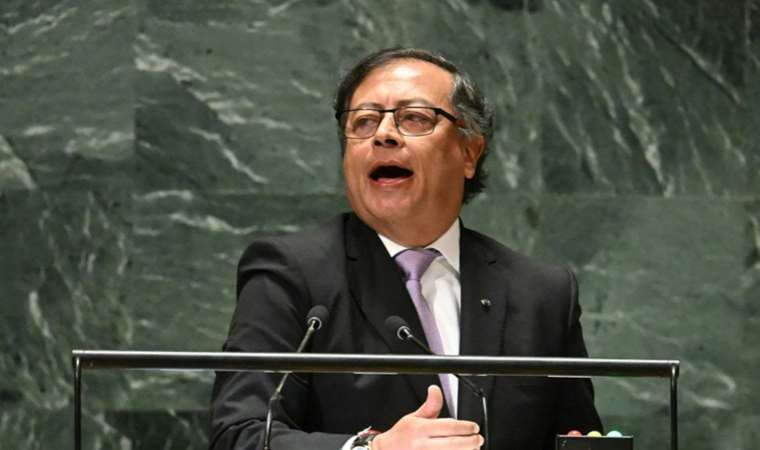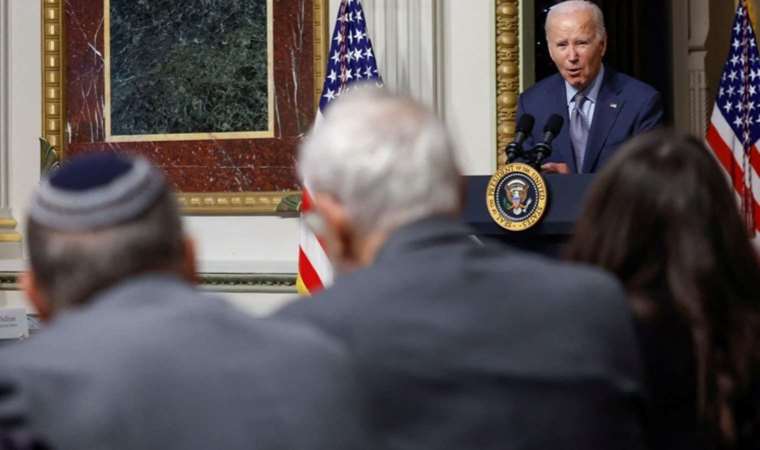For quite some time, America has pursued a policy of reconciliation between Israel and the Arab nations. Declaration of the Abraham Accords emerged from these efforts, initiating relations, albeit at a modest level, with Gulf states, Saudi Arabia, and Egypt.
The segment of this plan addressing the Palestinian issue was founded on a significant political misconception. It suggested that a policy of détente and cooperation between Israel and the Arab nations would, over time, soften Israel's stance and pave the way for the establishment of a Palestinian state centred around East Jerusalem.
Multiple Falsehoods
I make this observation with genuine intent, as no one on either side has officially endorsed such a statement. Throughout this period, Israel continued to execute its gradual dismantling of Palestine, furthering settlements in the West Bank. Even Gaza's basic livelihood persisted under Israel's near-complete blockade.
The US Abraham Accords also harboured two other objectives: first, to isolate Iran, the primary adversary of both the US and Israel in the region, and second, to thwart China's burgeoning influence in the Middle East. It aimed to keep Saudi Arabia, which was increasingly veering from American policy or pursuing a more independent course, aligned with the "American Policy."
All in Bankruptcy
Recent events, particularly the Hamas-initiated attack and Israel's ensuing military response, indicate that the Middle East policy of the USA has reached an impasse. The present conduct of Saudi Arabia and other Arab nations may lead to their disapproval and condemnation of Israeli occupation, possibly resulting in the severance of some ties.
Hamas may have anticipated this counter-massacre and occupation policy, which was almost certain to follow its attack on Israel. Perhaps their primary objective was to disrupt the new era of relations between Israel and the Arab nations, sidelining the Palestinian cause in the process. They might have surmised that, with these new ties, the Palestinian issue would fade into obscurity.
An Era of Prolonged Conflict
That signals their entry into the second phase of struggle against Israel, possibly heralding a global front and unexpected assaults. Essentially, a new and protracted war.
They may also have considered Gaza as a quagmire for Israel. Israel has set an unattainable goal of eradicating Hamas and rooting them out in Gaza, a pursuit fraught with significant risks. This murderous and destructive Zionist ideology, plan, program, and action are unrelenting, and emblematic of all similar fascist ideologies.
A Transition in History
The notion of perennial supremacy is a fallacy; an examination of history attests to this. Yet, a present-centric, military-driven management approach that traces its origins to 1948 cannot foresee what the future holds.
It remains myopic, incapable of conceiving that even the US might eventually withdraw from the scene. Israel could find itself in a state of profound isolation.
The ascendancy of China in the Middle East and its expanding influence appears to be an inexorable process.
In my assessment, this new phase of geostrategic transition between the US and China appears inevitable.
So, what potentialities might emerge from this US-China dynamic?


















